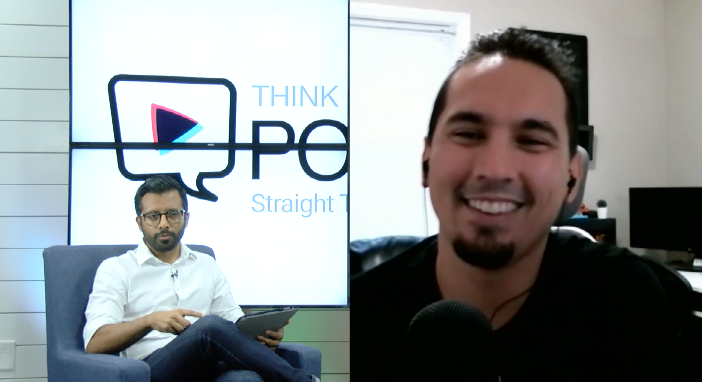This is a review of the Rental Income Podcast with Dan Lane. Today’s show featured 9 tips with Mike Connolly.
Tip #1 – Price your rental below market prices. When you do this you can get better tenants. He looks for 680 or better credit score, income three times rent, and an excellent rental history. This is an excellent tenant and they have many options. The way he does that is pricing below fair market value.
Tip #2 – 60 days before the lease expires do a rent analysis. Expenses have nothing to do with rent and all you want to look at is comps in the neighborhood. Have your leases expire in May or June by changing the time frame above one year leases to make this happen.
Tip #3 – 70% of inquires are coming from Zillow, Trulia, and Hotpads.
Tip #4 – Outline your requirements in the ad. This stops you from wasting time anyones time including your own.
Tip #5 – Always use professional pictures. Without question you get a return on the cost of doing this. The home gets more hits, rents quicker, and it helps you stand out from the crowd.
Tip #6 – Don’t over rehab a property. Start with the floors (laminate), then do paint, quartz kitchen countertops, and new vanities/faucets. Also don’t forget landscaping. Laminate flooring will bring $100 more a month over carpet.
Tip #7 – Most owners don’t want pets. There are benefits of allowing small pets. First you increase the market and second you can make more profit. Tenants with pets also stay longer. Get a $500 Pet Fee.
Tip #8 – Price your rental like stores price their products. Not $900, but $890. The psychological effect of the $10 is much greater than the $10 would suggest.
Tip #9 – Pay a referral fee. Existing tenants have a vested interest in who moves in down the hall. If you offer a small fee they will help you find someone that they wouldn’t mind live close to them which also makes them less likely to leave.
This summary was prepared by Casey Ryan Richards.





